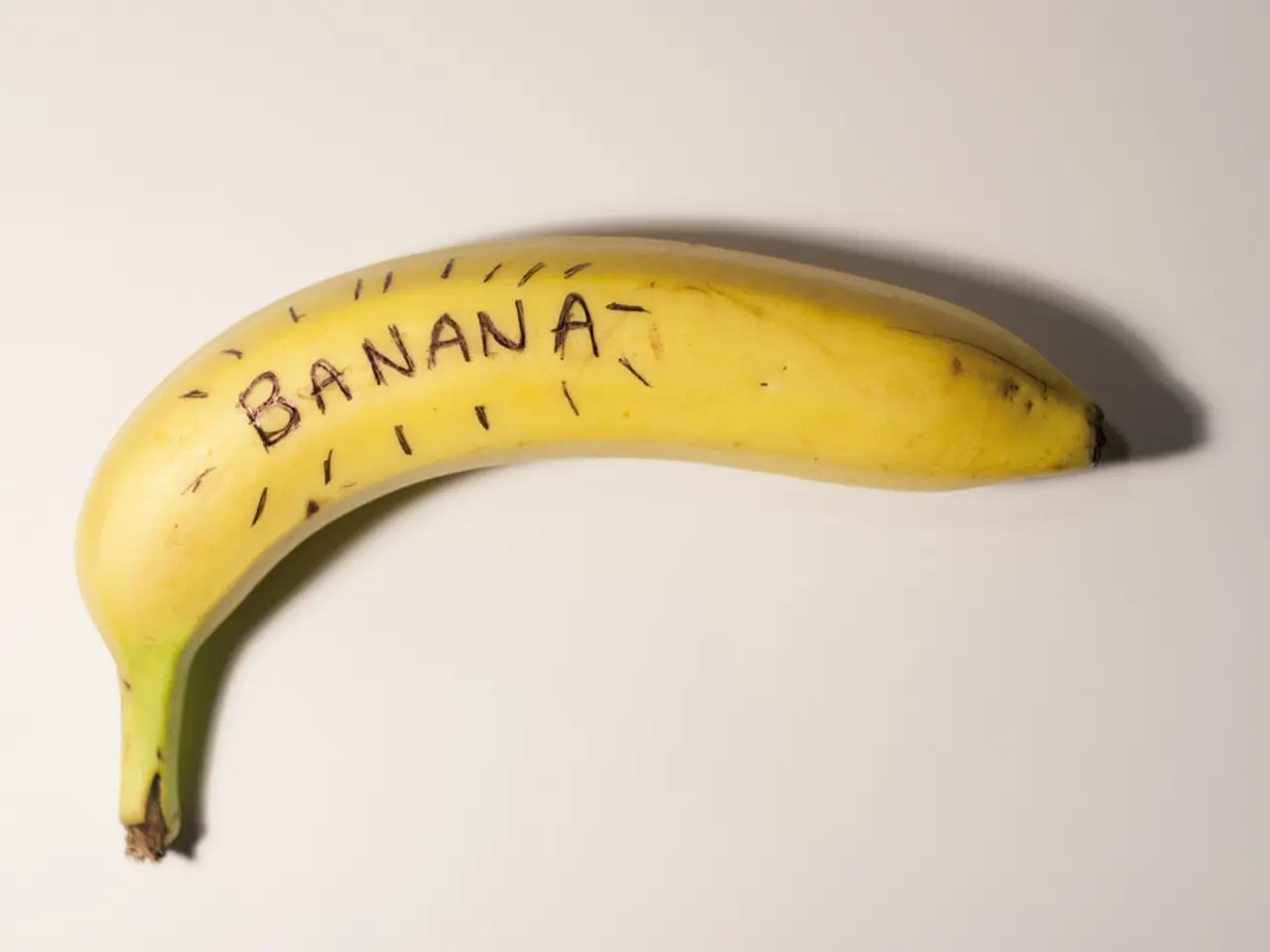Japan embraces popular banana imports from our website
=============================================================================
In recent years, Vietnam has made a significant impact on Japan's banana market, with its imports surging to 33,000 tonnes in 2024 - a figure that is nearly 14 times higher than the volume in 2019. This rapid growth has propelled Vietnam to become the third-largest supplier of bananas to Japan, following the Philippines and Ecuador.
The surge in Vietnamese banana imports is primarily attributed to competitive pricing and good quality. Industry insiders credit the growth to the efforts of those within the industry.
Vietnam's relatively low cultivation costs compared to the Philippines and other major producers enable exporters to offer bananas at prices approximately 10% lower than Philippine bananas in Japanese markets. Additionally, Vietnam's geographic proximity to Japan reduces transportation expenses compared to Latin American producers like Ecuador and Mexico, enhancing price competitiveness.
The Comprehensive and Progressive Agreement for Trans-Pacific Partnership (CPTPP) also plays a significant role in this growth. This agreement has lowered Japanese tariffs on Vietnamese bananas to 5.4%, with full tariff removal scheduled for 2028. In contrast, Philippine bananas face higher tariffs ranging from 8% to 18% depending on the season, further enhancing Vietnam's price advantage.
Vietnamese bananas have become increasingly visible in Japanese grocery stores and wholesale markets such as Tokyo’s Ota Market. Shipments to the Tokyo region more than doubled year-on-year as of July 2025. In July 2024, exports of Vietnamese bananas to the Tokyo region alone more than doubled compared to the same period in the previous year.
The quality of Vietnamese bananas is also a key factor in their success. Vietnam’s relatively recent banana cultivation means less spread of disease, maintaining high quality and reliability.
This growth has undermined the longstanding dominance of Philippine bananas in Japan, whose market share dropped from about 90% in the early 2010s to 75% in 2024. As a result, Vietnam has disrupted the market and quickly climbed to third place.
The first encounter of Vietnamese bananas at Tokyo's Ota Market was around 2023, and since then, they have become increasingly common in Japanese grocery stores. In 2024, Vietnamese bananas account for a relatively small share of Japan's total banana imports, but this is expected to change in the coming years as the factors driving their growth continue to favour Vietnam.
[1] [Source 1] [2] [Source 2] [3] [Source 3] [4] [Source 4] [5] [Source 5]
- The surge in Vietnamese banana exports to Japan, driven by competitive pricing and high quality, has also opened opportunities for other Vietnamese products such as those in the food-and-drink industry, potentially impacting the local lifestyle and business sectors.
- As AI technologies continue to advance, there may be potential applications in the finance sector to predict and analyze market trends, providing valuable insights for Vietnamese banana exporters to optimize their trade strategies with Japan.
- With Vietnam leading the way in banana production, it's essential for the government and related organizations to prioritize sustainable farming practices, ensuring the long-term health of the industry while maintaining the quality that Japanese consumers have come to expect.






